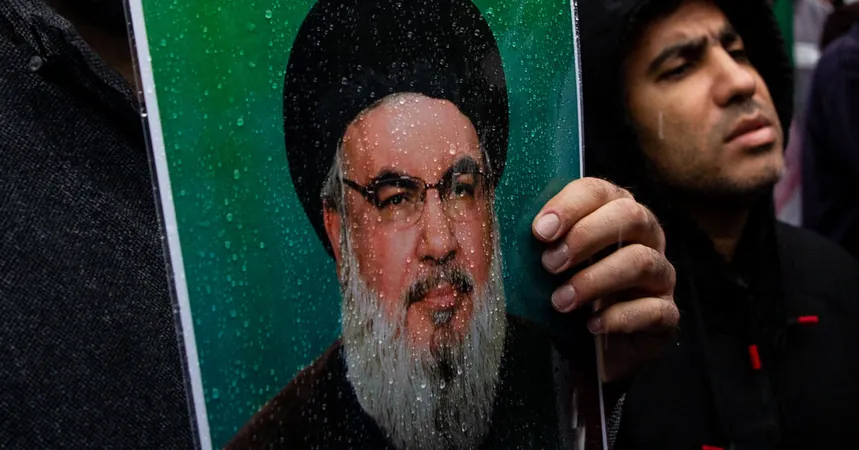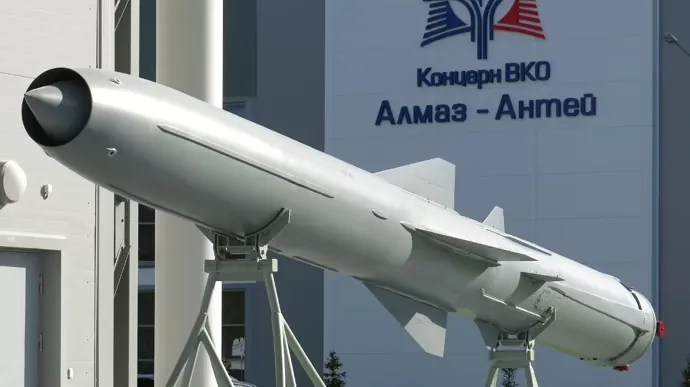
Israel Accelerates Offensive in Lebanon Following Assassination of Hezbollah Leader Hassan Nasrallah
2024-09-28
Breaking News: Israel Accelerates Offensive in Lebanon
In a shocking development in the ongoing conflict between Israel and Hezbollah, Israel conducted a series of airstrikes in Lebanon following the assassination of Hassan Nasrallah, the long-standing leader of Hezbollah. Nasrallah, a significant figure in the struggle against Israel, served multiple crucial roles within the organization. He was not just a military commander but also a religious and political guide, embodying the spirit of resistance for many. His death is viewed as a severe blow to Hezbollah's unity and operational capabilities.
Israeli Prime Minister Confirms Targeted Action
Israeli Prime Minister Benjamin Netanyahu confirmed in a video statement that the decision to eliminate Nasrallah was a direct result of his capability to potentially restore Hezbollah’s power even amidst ongoing military pressure. "The work is still incomplete," he warned, highlighting Israeli intentions to further destabilize Hezbollah.
Intensified Military Operations
Israel's military has ramped up its operations around Beirut, targeting weapon depots and high-ranking Hezbollah commanders. This increased aggressiveness aims to undermine Hezbollah without initiating a ground invasion, a strategy outlined by senior military officials. As a result of these strikes, Lebanon's health ministry reported that at least 33 people had died and over 195 were injured due to the intense bombardments.
Escalation of Conflict
The situation escalated further when projectiles were launched from Lebanon towards Israel, leading to sirens blaring in Jerusalem and the West Bank, with some missiles igniting fires upon impact. The ongoing conflict has raised international concerns, with President Biden labeling Nasrallah's killing "a measure of justice" while calling for a diplomatic resolution to restore stability in the broader Middle East.
International Reactions and Calls for Restraint
In a display of unity, France has demanded an immediate halt to Israeli strikes, urging both Hezbollah and Iran to refrain from actions that could incite further violence. The United States has also ordered non-essential personnel to evacuate from Lebanon, revealing the mounting fears of an explosive situation.
Humanitarian Crisis in Lebanon
As the Israeli military continues its bombardment, fears of increased sectarian violence in Lebanon surface. Around 500,000 individuals have been displaced due to the intensifying conflict. In several areas of Beirut, there were mixed reactions to Nasrallah's assassination; while some mourned the loss of their protector, others celebrated in defiance. This reflects the deeply polarized sentiments that permeate Lebanese society.
Iran's Position
Iran's supreme leader, Ayatollah Ali Khamenei, mourned Nasrallah's death, calling upon Muslims to rise up against Israel but has refrained from articulating any direct retaliation. Meanwhile, all flights to Beirut by Iran's national carrier have been canceled, highlighting the strains in Iranian support for Hezbollah amidst rising tensions.
Looking Ahead: Political Implications and Risks
Mr. Nasrallah’s assassination was not only a significant moment for Hezbollah but also poses critical questions about the future political landscape of Lebanon. Some analysts suggest that this void in leadership might offer a chance for Lebanese political factions to come together, given the country’s ongoing political dysfunction and economic crisis.
However, the real repercussions of Nasrallah's death hinge on Hezbollah's response and the potential for retaliatory strikes, which could spiral into wider regional conflict. Experts have warned that this assassination could reignite tensions among Lebanon's various sectarian groups, particularly among the Shiite community that has long viewed Hezbollah as its protector.
Global Observations and Concerns
As the dust settles from these dramatic events, the international community watches closely. The fear of a broader conflict involving major powers like Iran hangs in the balance as Israel continues its relentless campaigns against perceived threats.
Stay tuned for more updates on this developing crisis that could reshape the entire Middle East landscape!



 Brasil (PT)
Brasil (PT)
 Canada (EN)
Canada (EN)
 Chile (ES)
Chile (ES)
 España (ES)
España (ES)
 France (FR)
France (FR)
 Hong Kong (EN)
Hong Kong (EN)
 Italia (IT)
Italia (IT)
 日本 (JA)
日本 (JA)
 Magyarország (HU)
Magyarország (HU)
 Norge (NO)
Norge (NO)
 Polska (PL)
Polska (PL)
 Schweiz (DE)
Schweiz (DE)
 Singapore (EN)
Singapore (EN)
 Sverige (SV)
Sverige (SV)
 Suomi (FI)
Suomi (FI)
 Türkiye (TR)
Türkiye (TR)